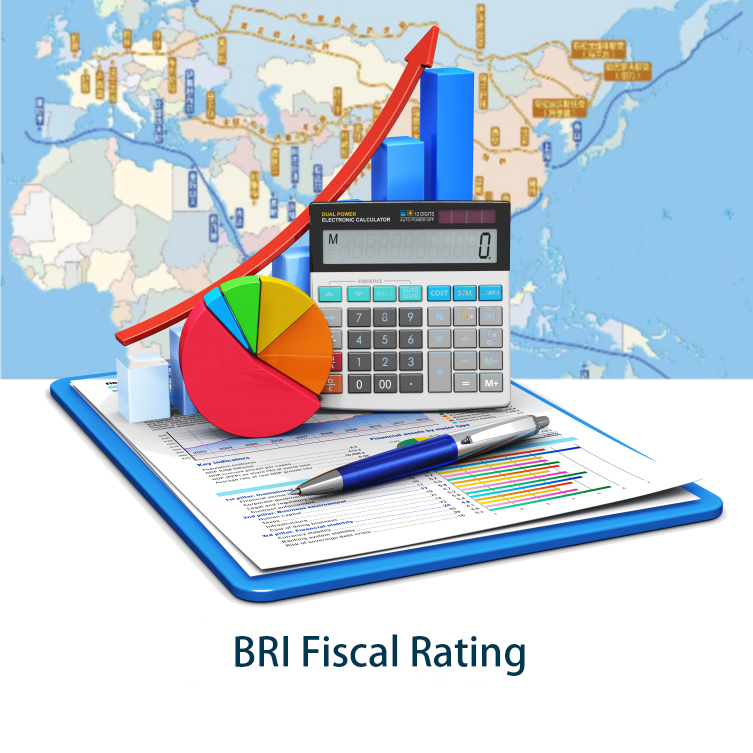Ethiopia's New VAT Law Sparks Industry Concerns Over Impact on Insurance and Broader Economy
In an ambitious move to broaden its tax base, Ethiopia introduced a new VAT law on July 4, 2024, extending VAT to previously exempt sectors, including general insurance. This law imposes a 15% VAT on general insurance policies while retaining exemptions for life and health policies. The measure has drawn swift industry pushback, particularly from the insurance sector, which fears the law could stymie growth in a nascent market, affecting everything from affordability to operational stability.
Fekadu Yami, a member of the Association of Ethiopian Insurers' legal team, points out that the regulation's sudden introduction, conveyed via social media, has left insurers uncertain about how the VAT will impact policyholder compensation and premium pricing. He raises concerns that this VAT, which cannot be reclaimed by non-VAT-registered policyholders, may create inequities and deter new policyholders due to reduced payout potential. "Who is going to buy insurance when they know that the compensation they get will be deducted?" Yami asked, emphasizing the potential dampening effect on demand.
The law's unclear provisions, particularly around VAT deductibility for high-value projects like infrastructure insured by reinsurance firms, add complexity for the industry. For instance, disputes could arise between insurers and clients over policies signed before the law's enforcement but with pending compensation claims. These uncertainties have prompted insurers to explore contractual agreements that would pass the VAT cost to policyholders, though this workaround remains controversial.
Beyond insurance, the VAT law impacts other sectors such as utilities and cotton, which were previously exempt. The textile sector, reliant on smallholder farmers, now faces VAT on cotton sales—a development manufacturers fear could freeze working capital, disrupt supply chains, and slow production.






















































First, please LoginComment After ~